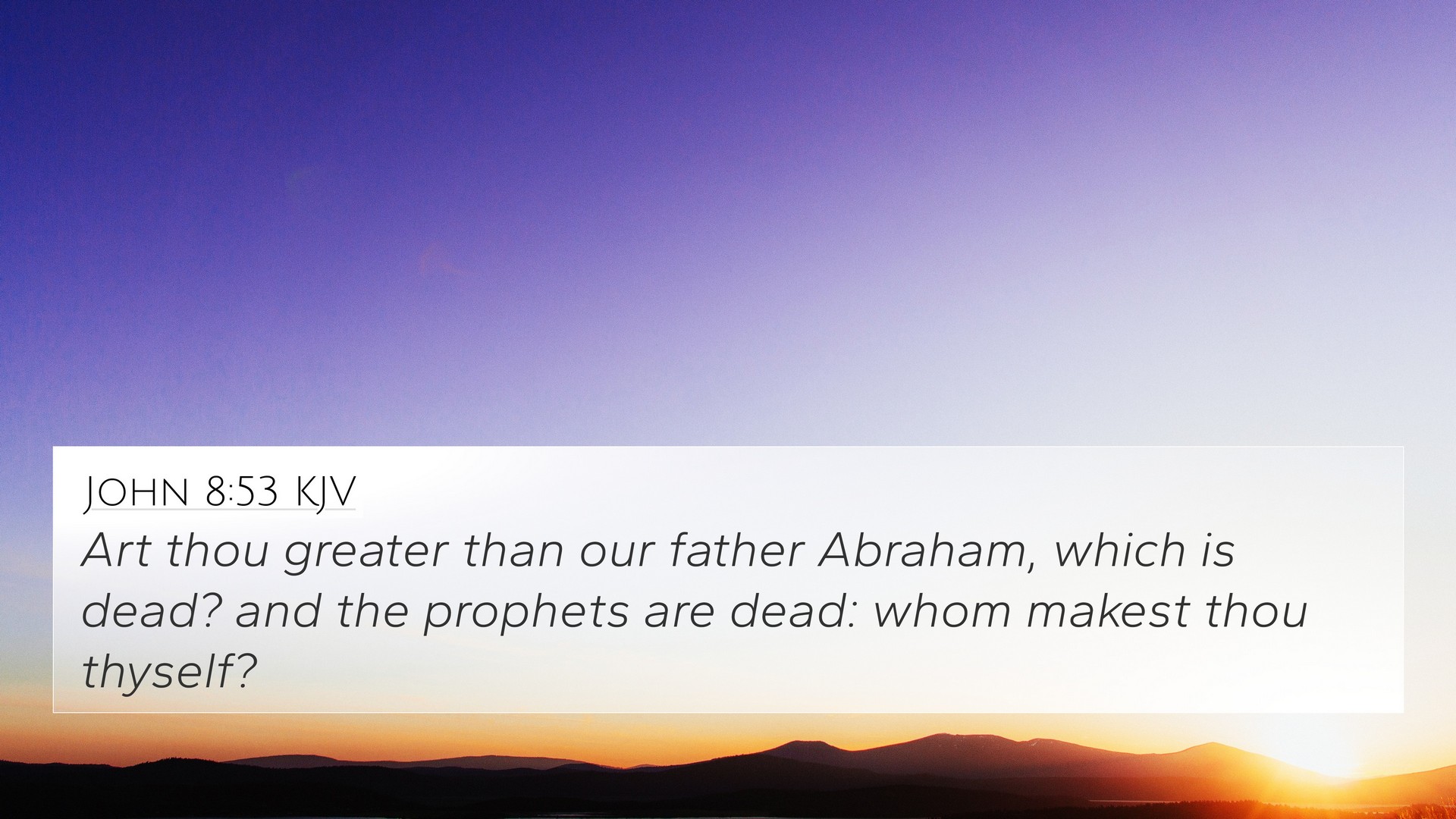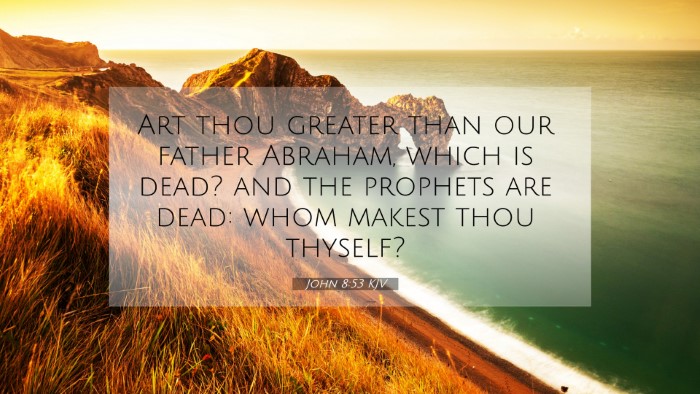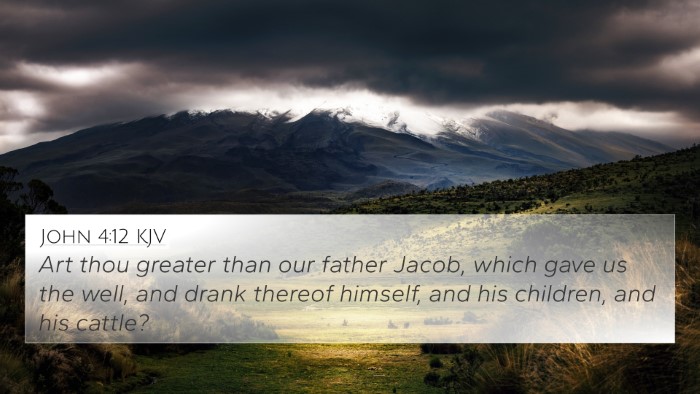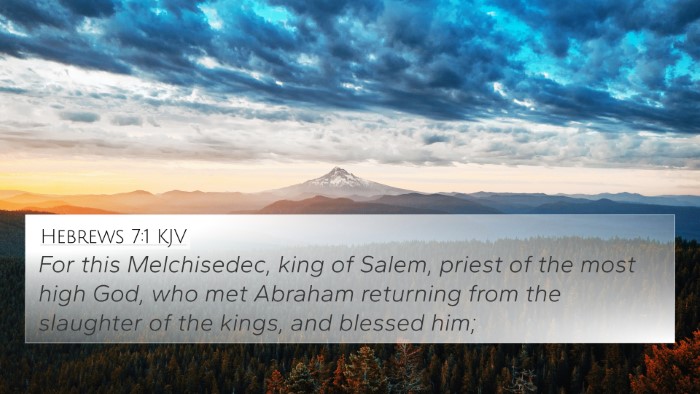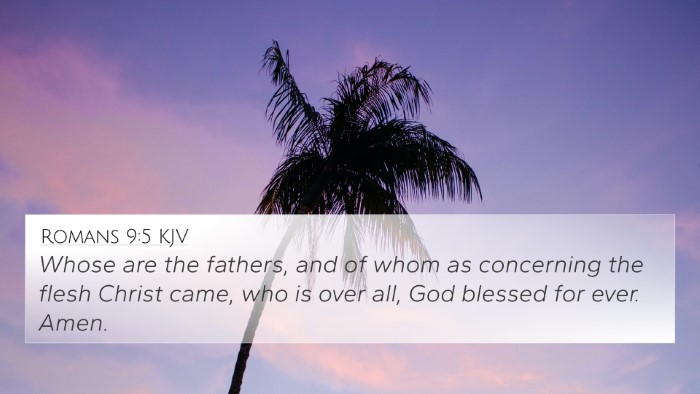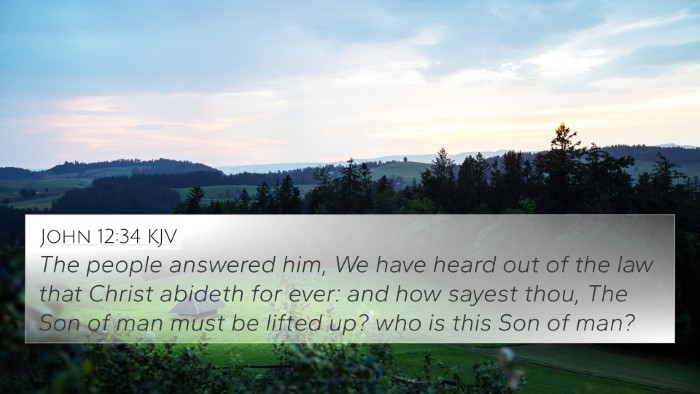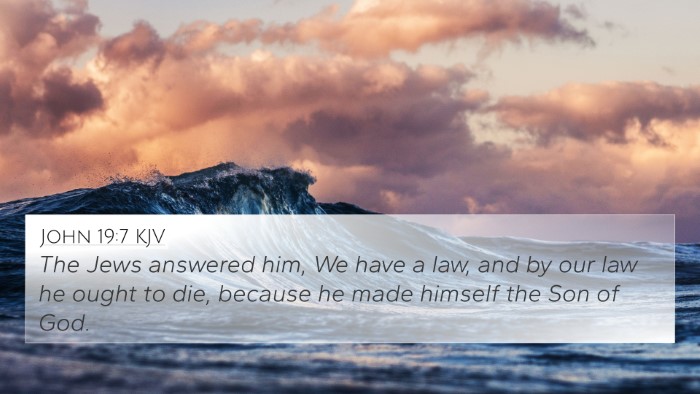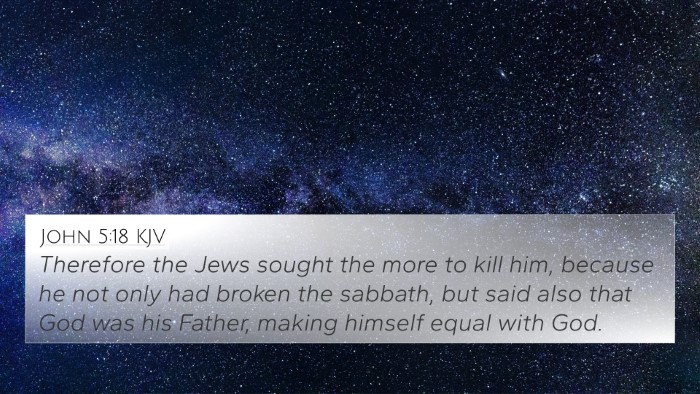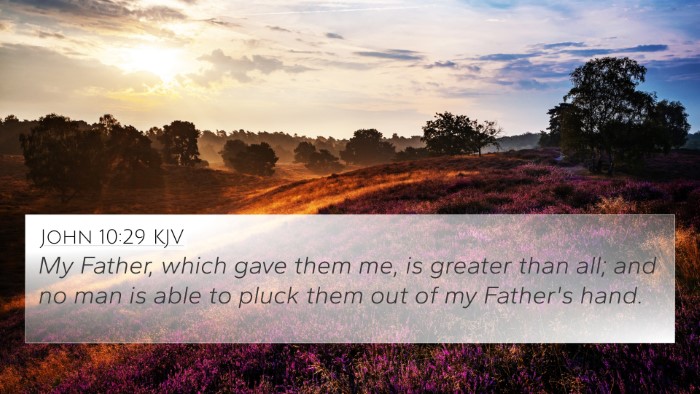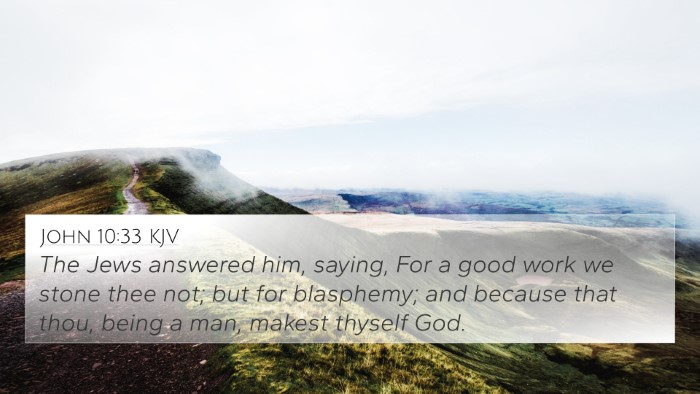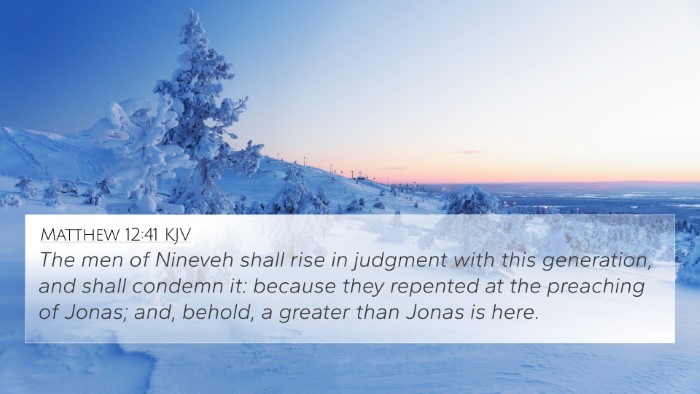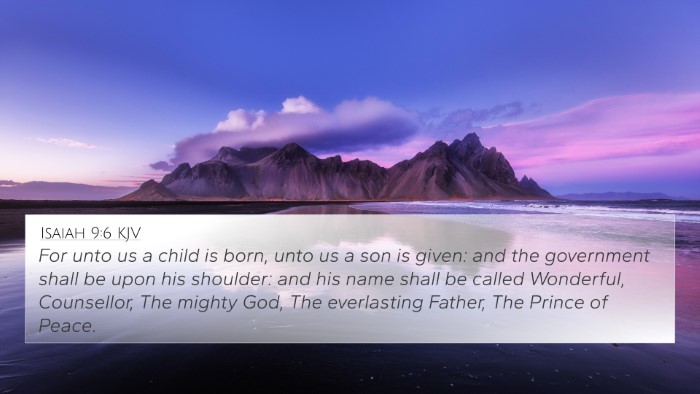Bible Verse Meaning: John 8:53
John 8:53 (KJV): "Art thou greater than our father Abraham, which is dead? and the prophets are dead: whom makest thou thyself?"
This verse reveals a moment of confrontation between Jesus and the Jewish leaders. It highlights their deep misunderstanding of Jesus' identity and mission, as they question His authority and greatness in comparison to Abraham and the prophets.
Insights from Public Domain Commentaries
Matthew Henry's Commentary
Matthew Henry points out that the Jewish leaders, by referencing their father Abraham and the prophets, assert their spiritual lineage. Their challenge to Jesus reflects a refusal to recognize His divine authority. Henry emphasizes that their question indicates a reliance on their heritage, rather than faith in the revelation of God's truth that Jesus brings.
Albert Barnes' Notes
Albert Barnes elaborates on the implications of the Jewish leaders’ question. He notes that their assertion places Jesus in a subordinate position compared to Abraham and the prophets. Barnes further explains that the Jews failed to grasp that Jesus existed before Abraham (as stated in John 8:58), and this ignorance illustrates their spiritual blindness and inability to comprehend the extraordinary nature of His ministry.
Adam Clarke's Commentary
Adam Clarke provides an in-depth perspective on the significance of Abraham in Jewish thought. He notes that to the Jews, Abraham was not only the father of their nation but also a revered figure whose legacy was foundational to their faith. Clarke emphasizes that Jesus, in contrast, offers a new covenant where He surpasses even the most esteemed figures in their tradition, which is a radical departure from their expectations.
Key Themes and Connections
This verse not only tackles themes of identity and authority but also interacts deeply with other scripture passages. Below are some key themes and biblical cross-references that relate to John 8:53:
- Identity of Jesus: John 8:58 - "Before Abraham was, I am." This verse asserts Jesus' eternal existence and divine nature.
- The Nature of True Discipleship: John 8:31-32 - Jesus talks about true disciples knowing the truth, which highlights the importance of understanding His divinity.
- The Promise to Abraham: Genesis 12:2-3 - The covenant made with Abraham indicates that through him all nations would be blessed, which Jesus fulfills.
- Spiritual Blindness: John 9:39-41 - Jesus speaks about judgment on those who are spiritually blind, which reflects the accusations made against His challengers in John 8:53.
- Prophecies of the Messiah: Isaiah 53 - This prophetic chapter is central to understanding how Jesus' identity fulfills the role of the suffering servant, pointing back to the expectations set forth during Abraham's time.
- Authority of the Son: Matthew 28:18 - "All authority in heaven and on earth has been given to me." This highlights Jesus’ supreme authority that transcends that of Abraham.
- Salvation through Faith: Romans 4:3 - Paul explains that Abraham was justified by faith, aligning with the understanding of faith in Jesus as the key to salvation.
Thematic Bible Verse Connections
Understanding John 8:53 invites deeper meditation on several other linked themes throughout the Bible:
- Linking Abraham and Jesus: Galatians 3:16 highlights that the promises made to Abraham find their fulfillment in Christ.
- Covenantal Relationships: Hebrews 8:6 speaks to the superiority of the new covenant brought by Jesus compared to the old established with Abraham.
- Faith and Righteousness: James 2:23 emphasizes that Abraham's faith was counted as righteousness, pointing to the faith believers must have in Christ.
- God's Plan for Israel: Romans 11:1 asserts that God has not rejected His people, encouraging the connection between the Gentiles’ inclusion through Jesus and God’s promise to Abraham.
Conclusion
John 8:53 serves as a pivotal question that encapsulates the tension between earthly authority and heavenly truth. The commentaries reveal the spiritual blindness of the Jewish leaders and their failure to recognize who Jesus is - the fulfillment of the promise made to Abraham and the culmination of prophetic messages throughout the Old Testament. Understanding this verse encourages believers to appreciate the depth of their faith and the connections that bind the Old and New Testaments together through Christ.
